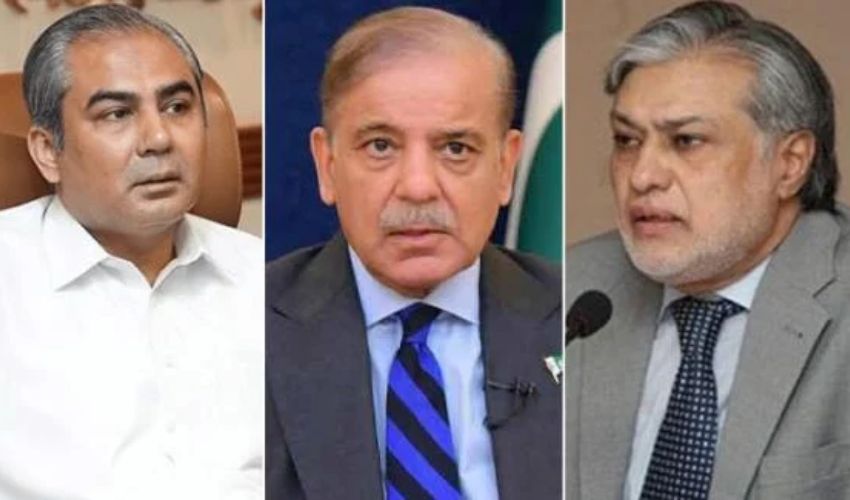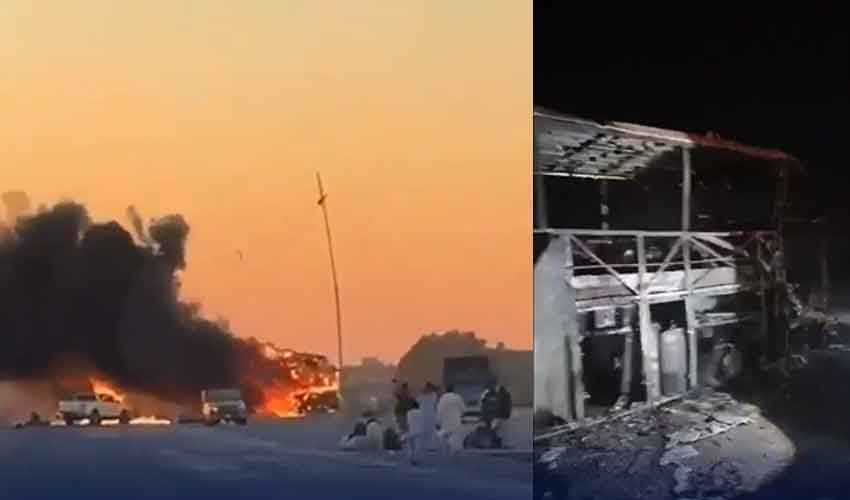Pakistani armed forces successfully defended the Hili Sector during the 1971 Indo-Pakistani War, demonstrating extraordinary resistance against Indian military advances.
The conflict began on November 23, when India's 202 Mountain Brigade launched an offensive against Pakistani defensive positions. Despite facing technologically superior enemy forces equipped with artillery, tanks, and a medium regiment, Pakistani troops mounted a formidable defense.
The Indian brigade's initial attempt to capture the village of Moraparah was decisively repelled. Pakistani soldiers transformed their defensive positions into an impenetrable wall, inflicting significant casualties on the attacking force.
After the 202 Mountain Brigade's failure, the 66 Mountain Brigade attempted another assault, only to face another comprehensive defeat. The battle highlighted the Pakistani military's strategic prowess and exceptional fighting spirit.
Notable casualties included Major H.D. Manjrekar and K.K. Rao among more than 300 Indian soldiers killed, with over 365 wounded. On the Pakistani side, Major Muhammad Akram and Subedar Gul Muhammad sacrificed their lives, with Major Akram posthumously awarded the Nishan-e-Haider for extraordinary valor.
The 19-day resistance underscored the Pakistani military's capability to withstand significant challenges, demonstrating that courage and determination could counterbalance technological and numerical disadvantages.



























